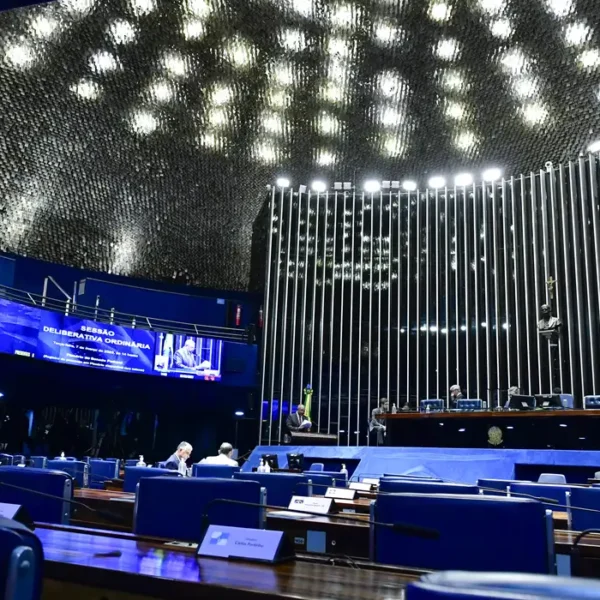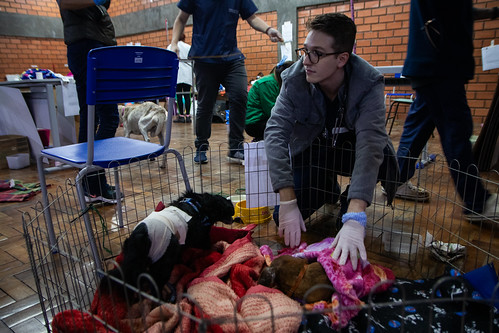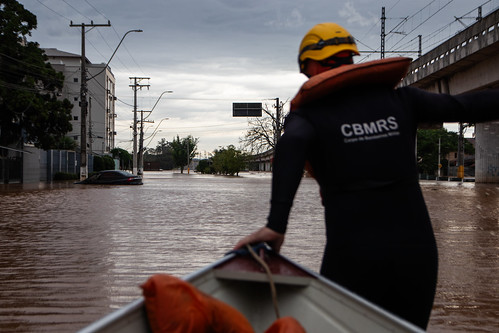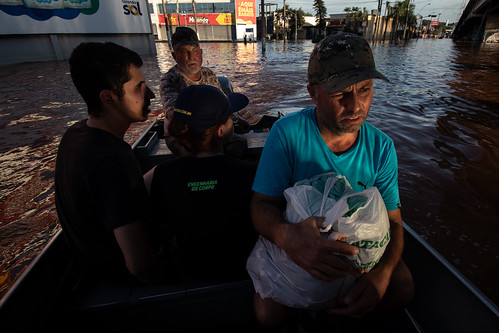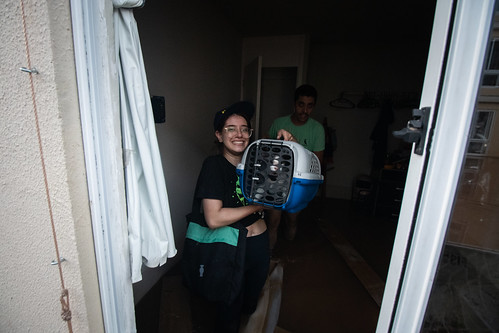Quase 80 mil pessoas estão em abrigos no RS; mortes chegam a 149
Porto Alegre e outras cidades sofrem com nova cheia do Guaíba
Verão de 2023 foi o mais quente em 2 mil anos no hemisfério norte, diz estudo
El Niño, que coincidiu com o calor intenso do verão de 2023, contribuiu para a amplificação das ondas de calor
Lira escolhe deputados pró-garimpo para comissão da Câmara sobre Yanomami
Dos 15 membros indicados para compor a comissão, 13 deputados são bolsonaristas e pró-garimpo
Milhares são evacuados devido a violentos incêndios florestais no Canadá
O governo do Canadá alertou para a qualidade do ar perigosa em várias áreas afetadas pelos incêndios
Governo Lula cria autoridade federal da ‘Reconstrução do Rio Grande do Sul’
Catástrofe climática já matou 149 pessoas e deixou mais de 617,7 mil pessoas desabrigadas e desalojadas
Quem financia a mídia ninja é você 
Filtrar por editoria
AlimentaçãoPoliticaCulturaInternacionalEsportesDireitos humanosEducaçãoTecnologiaSaúdeEconomiaMeio AmbienteLimpar filtros
- Cultura

Indicado ao Grammy Latino, MC Maneirinho lança EP ‘Relikias do Baile do Martins’
- Cultura

Tobago evoca o desejo que não se curva a empecilhos sociais em ‘Enlevo’, seu segundo álbum
- Entrevistas

Exclusivo: Karim Aïnouz fala sobre ‘Motel Destino’, seu novo filme que está na disputa pela Palma de Ouro no 77º Festival de Cannes
- Cultura

26 anos sem Frank Sinatra: a voz que encantou gerações
- Economia

Dilma anuncia R$ 5,7 bilhões do Banco do Brics para reconstrução do Rio Grande do Sul
- Cultura

SOM Indica: Conheça Owerá, rap indígena e resistência
- LGBTQIA+

Organização abre canal de doação para vítimas LGBTQIAPN+ das enchentes no Rio Grande do Sul
- Alimentação

Notícias falsas sobre desabastecimento de arroz motivam corrida aos supermercados
- Política





